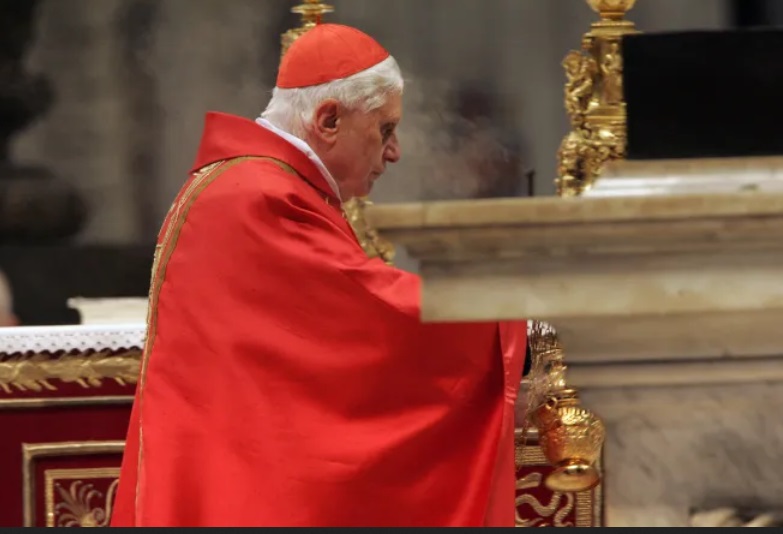Francis said that he realized the “operation” was afoot on the second day of voting and told the Colombian Cardinal Dario Castrillón to not “joke with my candidacy” and cease supporting him, “because I’m not going to accept” being elected.
Austen Ivereigh, the pope’s English-speaking biographer, has previously written that Bergoglio, “almost in tears,” had begged not to be elected.
Ratzinger, who had been the longtime prefect of the Congregation for the Doctrine of the Faith under Pope John Paul II, was elected that same day.
Pope Francis did not say who this group of conclave manipulators consisted of nor who they planned to introduce as a third candidate, but the Argentinian prelate said that the group of cardinals “did not want a ‘foreign’ pope.”
Several accounts from the time have claimed that a group of liberal European cardinals, known as the Saint Gallen Group, attempted to manipulate the outcome of the 2005 conclave. Three members of the group, German Cardinals Walter Kasper and Karl Lehmann and Belgian Cardinal Godfried Danneels, also participated in the 2013 conclave that elected Francis. According to Ivereigh, they advocated for Bergoglio after first securing his assent, a claim the cardinals have denied.
According to Universi Dominici Gregis, an apostolic constitution governing papal conclaves, cardinal electors must refrain from “any form of pact, agreement, promise, or other commitment of any kind which could oblige them to give or deny their vote to a person or persons” under threat of automatic excommunication.








Total Comments:0